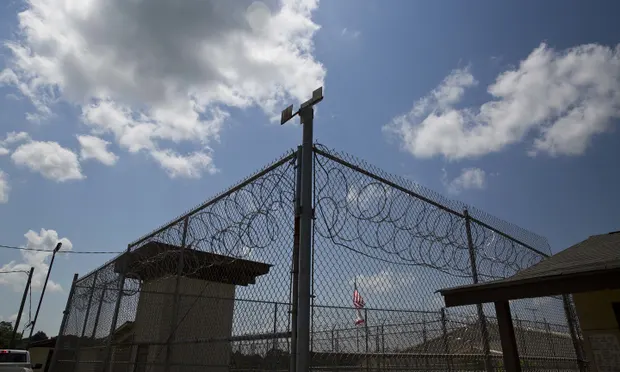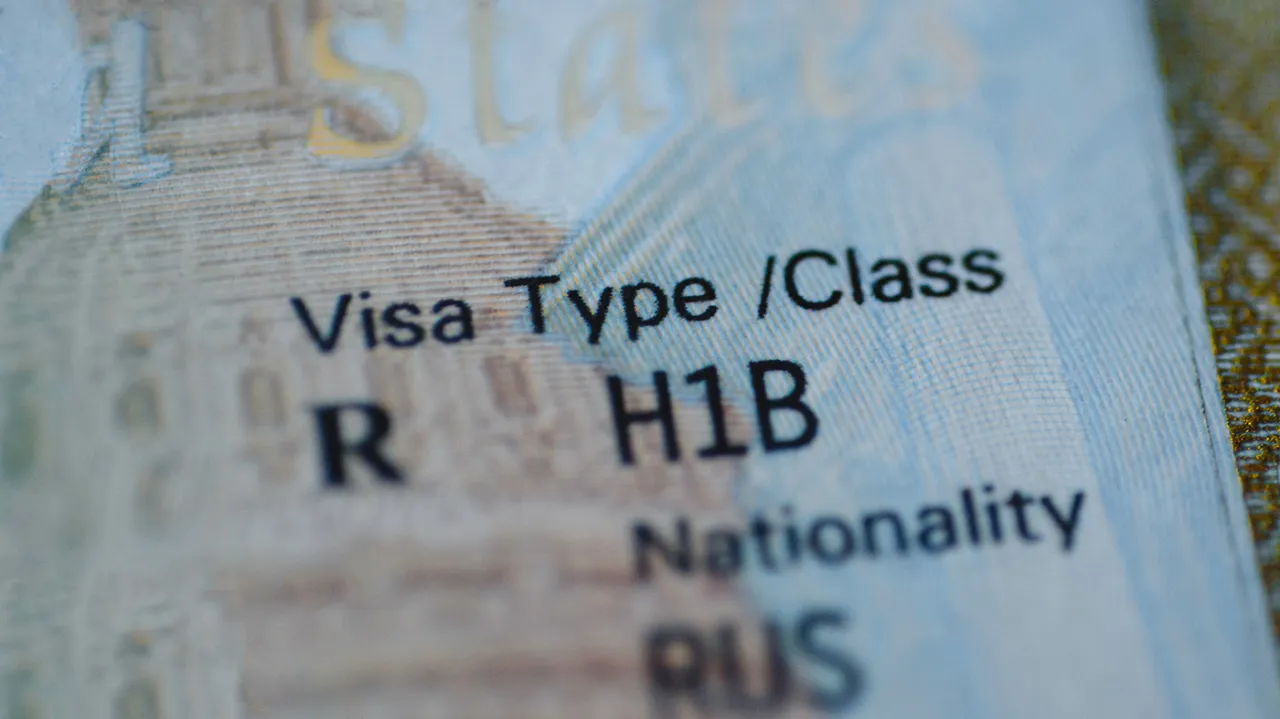For more than two decades imprisoned in California, Samual Brown worked more than a dozen different jobs and was transferred between penitentiaries throughout the state – earning less than a dollar per hour. At the beginning of the pandemic, he worked as a healthcare facility worker tasked with disinfecting areas where inmates with Covid had been held. He wanted to quit his job – he had asthma and risked his life – but was told he “had no choice”. By the time Brown was released in December 2021, he had paid just $3,000 of the more than $37,000 in restitution he owed the state.
“That is tied directly into the same type of practices from slavery,” Brown, who is co-founder of the Anti-Violence Safety and Accountability Project, says. “That’s the same practice, the same energy, the same spirit that you see in this prison setting. A person can be on one plantation, and then they’ll be moved to another plantation, and you’ll never see the people who you were with ever again. They can separate you from your wife, separate you from your children, from your family. It’s the same way in the modern-day carceral setting.”
More than 150 years after slavery was outlawed in the US, California remains one of dozens of states in the country that allows slavery and indentured servitude as a punishment for a crime in its state constitution, a vestige of the US Constitution’s 13th amendment. In 2021, an estimated 791,500 incarcerated people worked in US prisons as part of their sentences in 2021, often without basic workplace protections and under dangerous working conditions for little to no pay, according to a June report by the American Civil Liberties Union and the University of Chicago Law School’s Global Human Rights Clinic.
When we talk to people who are incarcerated about how they feel are not being protected from slavery, the first thing we hear are about feeling less than human.
Bianca Tylek
Since 2008, Colorado, Nebraska and Utah have removed such language from their state constitutions. And in November, voters in four states – Alabama, Oregon, Tennessee and Vermont – approved ballot measures that removed such provisions, bringing the number to seven states.
Next year, the Abolish Slavery National Network, a group of organizers involved in movements across the country to end constitutional provisions allowing slavery and involuntary servitude, anticipates that 22 states will have legislation. Their hope is that, as more and more states approve amendments to their state constitutions, so too will Congress and a constitutional convention: removing the language from the US constitution to eliminate the exception. In 2021, Georgia Representative Nikema Williams and Oregon Senator Jeff Merkley reintroduced legislation known as the abolition amendment that would close the slavery loophole in the 13th amendment.
Bianca Tylek, executive director of Worth Rises, a national group lobbying for a federal constitutional amendment, says that removing the exception for slavery and indentured servitude as a punishment for a crime from the US constitution would “establish that all people, especially people who are incarcerated, are deserving the same humanity and dignity”.
“When slavery was legal back in the 1800s, it was rooted in this concept that Black people that were enslaved were less than human,” Tylek says. “When we talk to people who are incarcerated about how they feel are not being protected from slavery by the 13th amendment, the first thing we hear are about feeling less than human – about feeling worthless, about feeling like society doesn’t recognize them.”
Tylek added that the provision’s removal would also “end the brutal practices around prison labor”, a practice enmeshed within the US carceral system since the passage of the 13th amendment in 1865.
An ACLU report from June 2022 about the exploitation of US prison labor noted that the constitutional loophole permitted states to turn to “incarcerated labor as a means of partially replacing chattel slavery and the free labor force slavery provided” and subjected them to brutal conditions that persist today. The loophole gave way to laws during the 19th century such as the so-called Black Codes that empowered authorities to incarcerate Black people for petty crimes and allowed authorities to engage in “convict leasing” where the incarcerated people would work in factories, construction, and elsewhere for long days under threat of brutal punishment.




